India blocks ISPR, PM Sharif's YouTube, X accounts
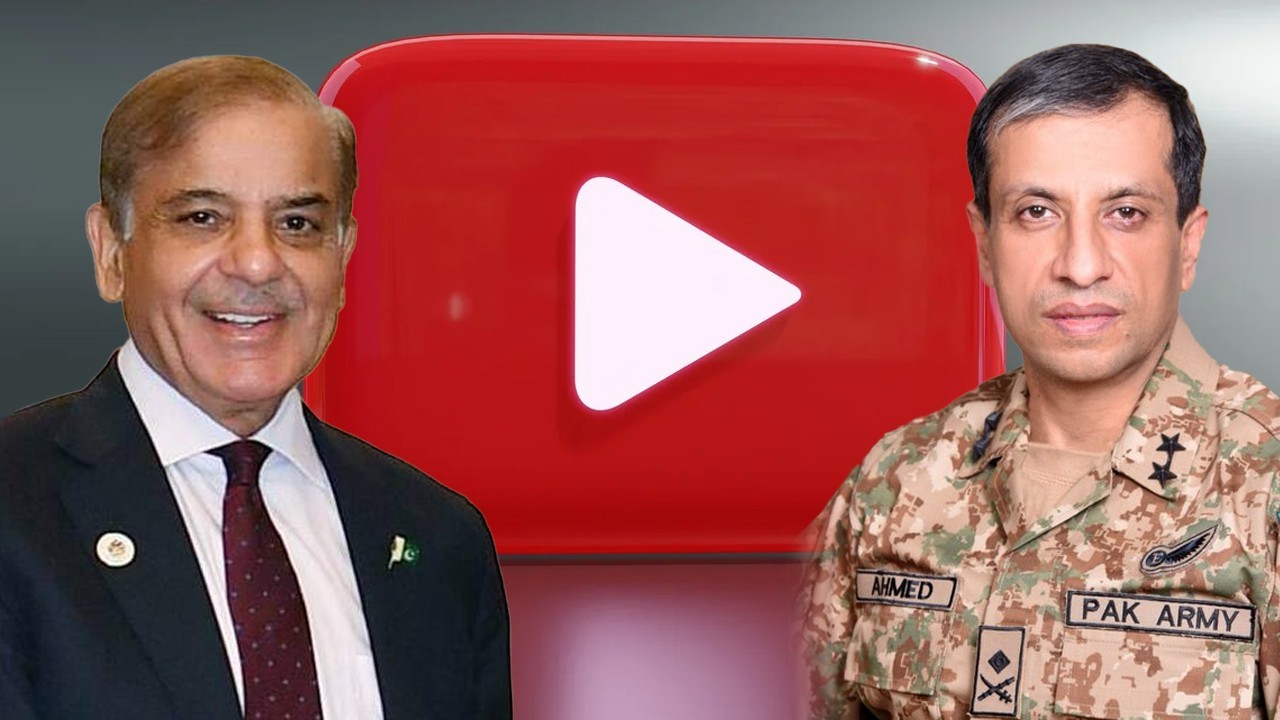
Web Desk
|
2 May 2025
ISLAMABAD: The Narendra Modi-led Indian government has blocked the official YouTube and X (formerly Twitter) accounts of Pakistan’s Inter-Services Public Relations (ISPR) following the military body’s statements challenging India's narrative on the recent Pahalgam incident.
According to sources, the Indian government acted swiftly after ISPR’s Director General issued detailed rebuttals on April 29 and 30, exposing alleged inconsistencies in New Delhi’s version of events. The ISPR claims the Pahalgam incident was a false flag operation, and their counter-narrative appears to have triggered an online crackdown.
Observers say the move reflects India's discomfort over being confronted with evidence that contradicts its official stance and accuse the Modi administration of attempting to suppress alternative viewpoints and curtail freedom of expression in the digital sphere.
This development follows earlier action against Pakistani Prime Minister Shehbaz Sharif’s official YouTube channel, which was suspended in India shortly after he delivered a speech at the Pakistan Military Academy Kakul.
The video, uploaded to the channel, was removed following a complaint by the Indian government. YouTube has confirmed that PM Shehbaz Sharif has been given the right to appeal.
Read more: After YouTube, India bans Pakistani analysts on media amid post-Pahalgam tensions
In a further escalation, the Indian authorities have also blocked the YouTube channels of former Pakistani cricketers Shoaib Akhtar, Basit Ali, and Rashid Latif.
Shoaib Akhtar’s channel alone boasts more than 3.5 million subscribers and is known for candid commentary on cricket, politics, and social issues.
These actions have been widely interpreted as part of an ongoing effort by the Indian government to control the regional narrative, particularly after the Pahalgam attack in Indian-administered Kashmir, which killed 26 civilians and sparked cross-border tensions.
Digital rights advocates and political analysts have raised concerns over freedom of speech, selective censorship, and the weaponization of tech platforms to mute dissenting voices in times of conflict.






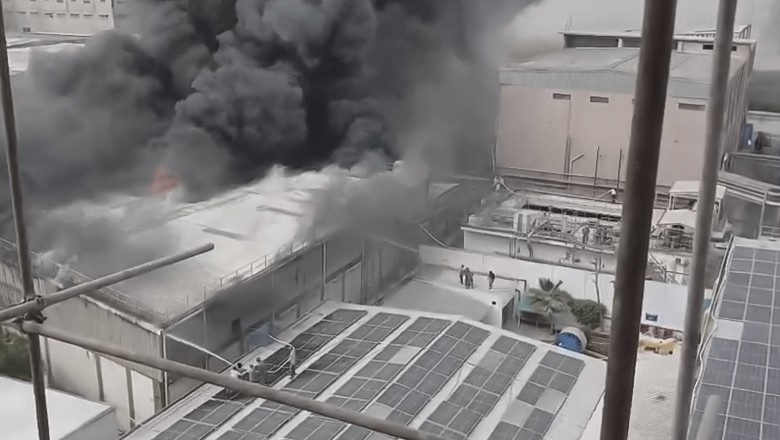
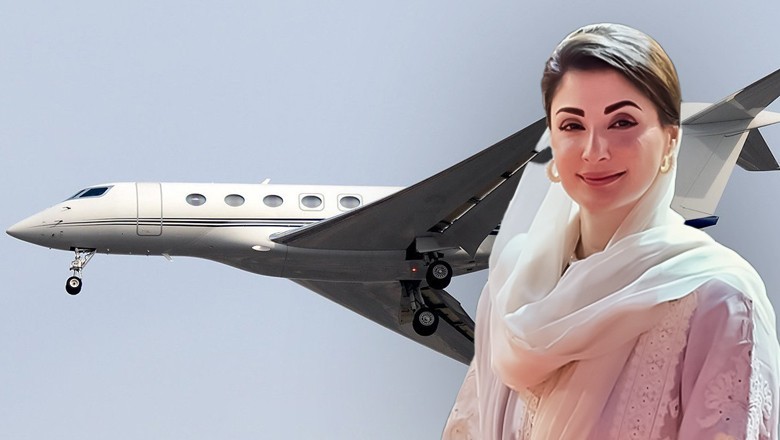
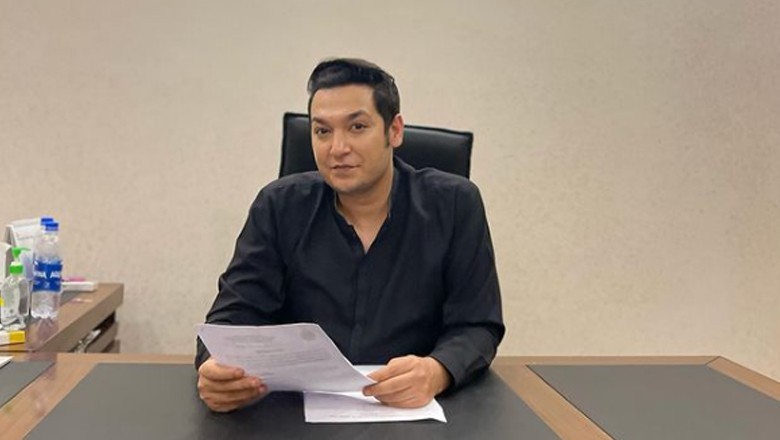
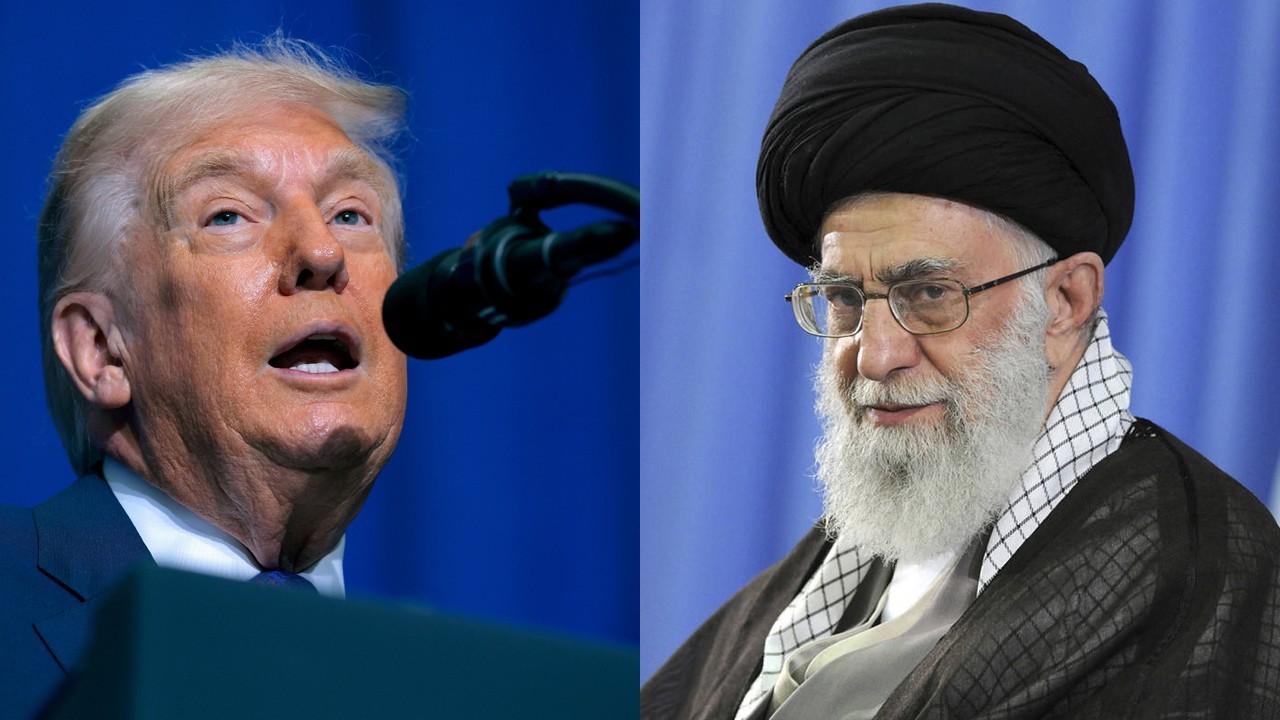
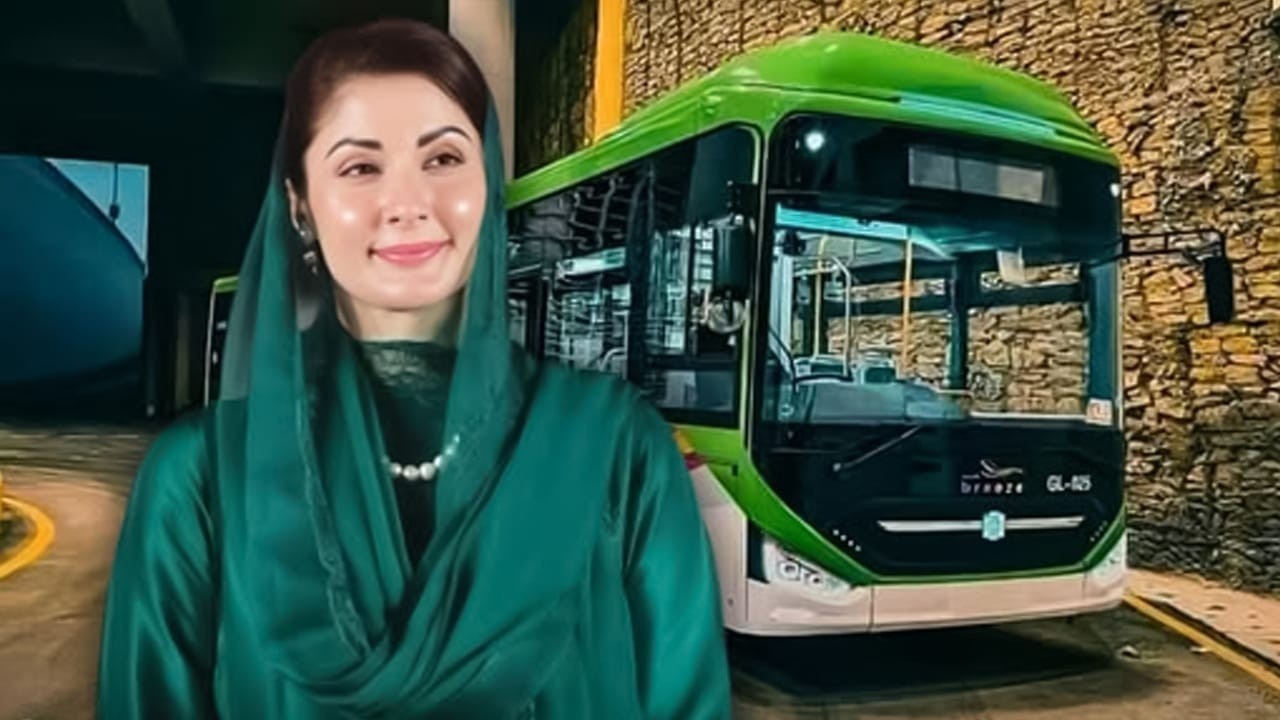
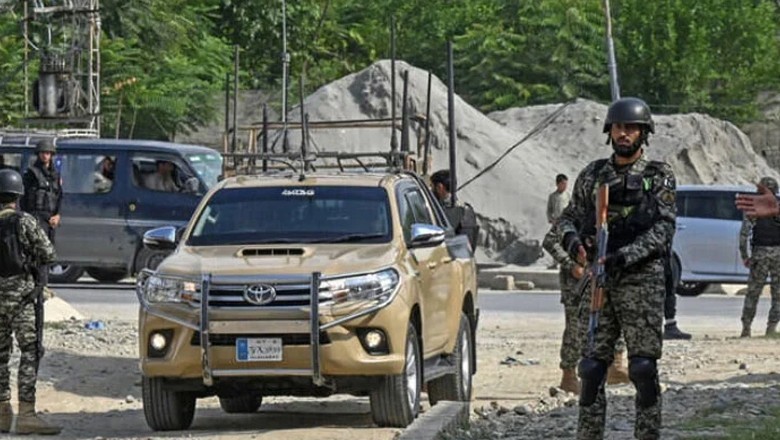
Comments
0 comment